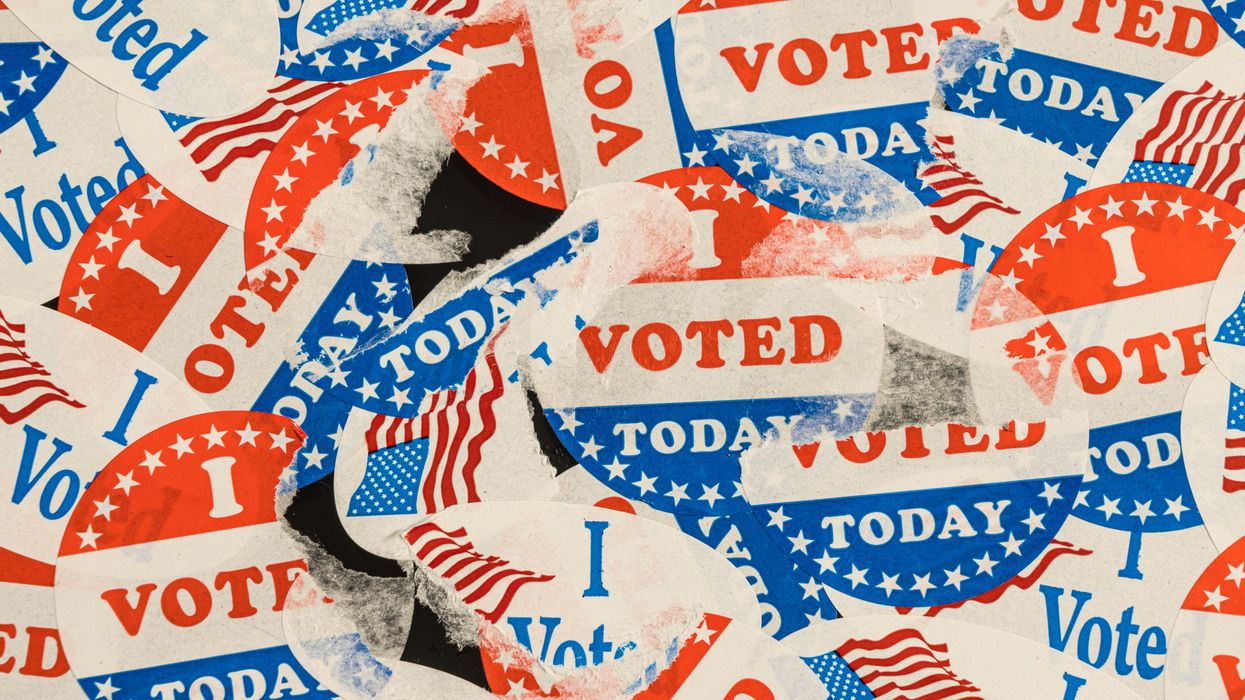Much of the efforts to change the way states conduct elections, in the wake of last year's pandemic-era voting, are being done in favor of one major party or the other. Democrats are pushing voting expansions, while Republicans are backing restrictions.
But election reform advocates say it doesn't have to be this way. The Bipartisan Policy Center released a report this week in the hopes of cutting through the partisan noise. The new report details a dozen bipartisan recommendations for improving the voting process moving forward.
While election security experts have repeatedly confirmed that the 2020 election was the most secure in American history, the report says there are still many ways to streamline the voting process, bolster voter confidence and increase election security.
Because many of the changes implemented for the 2020 election were done quickly and at the last minute, a number of these recommendations emphasize the timing of passing and implementing new election rules. The policy proposals also underscore the importance of communicating any changes to voters.
"Some changes to the process are necessary and inevitable, but policymakers have fallen into a dangerous and unrelenting cycle of regaining interest in election administration only in the lead-up to major elections," the report says.
Here are the 12 policy recommendations curated by BPC's task force of 28 state and local election officials:
- "States should plan to enact legislative or administrative changes to standing election procedures outside the 90-day window before a general election."
- "Challenges to standing election procedures within 90 days of an election should be considered by courts only for future elections."
- "Courts should consider challenges to the merits of election administration changes in an election year on an expedited basis."
- "No later than 60 days before an election, counties and states should produce and publicly display detailed observation procedures for the voting process, ballot reconciliation and canvass, recounts, and audits."
- "States should create emergency election procedures that include contingencies for weather, terrorism, or other disasters."
- "States should require local election offices to develop emergency election procedures and submit them to the state for review and coordination."
- "States should mandate voting systems that produce voter-verifiable paper ballots. The voter-verifiable ballot should be the ballot of record for any audit or recount."
- "States should standardize and simplify ballot return deadlines. Local and state officials should conduct vigorous voter communication efforts to educate voters about return deadlines."
- "States should expand the options for the return of vote-by-mail ballots to include secure drop boxes."
- "Voters should have the option of voting early and in-person for a period of at least seven days in advance of a federal election. States should provide a balance of early, mail, and Election Day voting options that are informed by voter behavior."
- "States should codify a detailed certification timeline that includes all fundamental requirements and deadlines while thoughtfully balancing the amount of time devoted to state versus local responsibilities. County certification deadlines should be set no earlier than 14 days after a general election to provide time to complete precertification tasks."
- "Threats against election officials and all permanent and temporary elections staff should be taken seriously by policymakers and law enforcement. These offenses should be punishable by penalties equivalent to those assessed for threats against other public employees carrying out their official duties."
While these recommendations are not the only bipartisan solutions out there, BPC's report says they would be good starting points for bolstering the election ecosystem. The report urges state lawmakers to work across the aisle to implement changes that would fortify election security and improve the voting process, without overburdening local election administrators.
"The election process transcends politics and demands reforms that are in the best interest of all Americans, regardless of party," the report says.





















